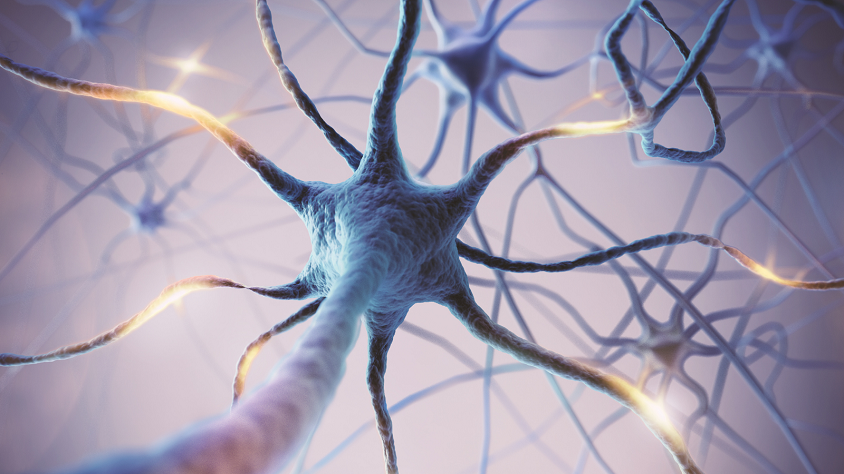Alzheimer’s disease is simply a neurodegenerative condition that worsens over time. It’s often characterized by brain changes that result in deposits of some proteins.
It makes the patient’s brain to shrink, and eventually, the brain cells die. According to health experts, it is the major cause of dementia, which is a gradual decline in social skills, thinking, memory, and behavior.
More than 6 million people in Canada age 60 and older live with Alzheimer’s disease. The early signs include forgetting conversations or recent events. Over time, it leads to serious memory issues and loss of the capability to perform daily tasks.
Medicines can slow or improve their symptom’s progress. Nicotine-related products, like native smokes, also show positive impacts. Research shows that nicotine in those products has benefits for cognitive and memory impairments in patients with Alzheimer’s disease. It improves cognitive function by simply activating pathways in a patient’s brain.
Causes
The causes of the disease are not yet completely understood, but the combination of changes in genes and age-related changes in your brain could be responsible. Age-related changes in your brain may include the breakdown of energy in the cells, blood vessel damage, inflammation, and shrinking.
Other causes include lifestyle, environmental, and health factors. Some of the factors that play a role in exposure to the following:
- Obesity
- Diabetes
- High blood pressure
- Stroke
- Heart disease
- Pollutants
Warning Signs
As you age, it’s not normal to develop Alzheimer’s disease. Typically, memory problems are among the first signs of the disease.
Apart from memory problems, a person with the disease’s symptoms can experience memory loss, trouble paying bills/handling money, poor judgment, changes in mood, and misplacing things.
Alzheimer’s Disease Stages
The stages often follow a progressive pattern. However, everyone goes through all the stages. Knowing the following stages helps family members and healthcare providers make important decisions about how they can care for a patient with the disease:
- Preclinical stage
- Mild-early stage
- Middle stage
- Late stage
Diagnosis
Because symptoms of the disease progress slowly, it might be challenging to know you have a problem. Most people feel that memory loss and other related issues are part of aging. In addition, the process itself might not always prevent you from noting changes in your memory.
A timely and accurate diagnosis of the disease allows you to plan and prepare for the future and get support or treatment that can help. A GP can ask you questions about issues you are experiencing and might do several tests to determine whether or not you have the condition.
Solution
Currently, Alzheimer’s disease has no cure. The condition progresses as nerve cells in your brain get damaged and no longer can function normally – so there is no way you reverse that problem.
However, social activities, physical exercise, and nicotine are effective. Also, medications can help with your behavioral and cognitive symptoms.
Alzheimer’s disease is a serious disorder affecting the brain. The buildup of tangles and plaques in your brain and the death of brain cells results in cognitive decline and memory loss.
Currently, there is no cure, but medicines and other treatments can help ease or slow the behavioral, emotional, and cognitive symptoms.




